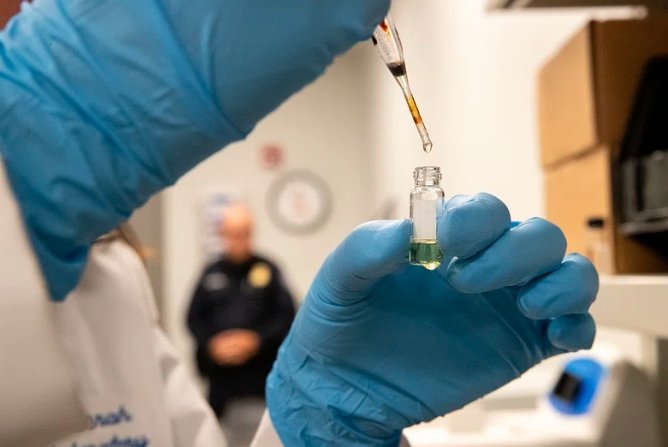Recent research has highlighted the potential risks associated with cannabis use during pregnancy. A comprehensive study conducted by Kaiser Permanente has found that cannabis consumption can lead to several maternal health problems, including high blood pressure, preeclampsia, and abnormal weight gain. These findings underscore the importance of understanding the implications of cannabis use for expecting mothers and the need for informed decision-making.
Health Risks Identified
The study revealed several health risks linked to cannabis use during pregnancy. One of the primary concerns is gestational hypertension, a condition characterized by high blood pressure during pregnancy. The research indicated that the risk of developing this condition increases with the frequency of cannabis use.
Preeclampsia, a severe complication that can occur during pregnancy, was also found to be more common among cannabis users. This condition can lead to serious health issues for both the mother and the baby, making it crucial to avoid potential triggers.

Additionally, the study noted that cannabis use could result in weight gain that deviates from the recommended guidelines for pregnancy. Both excessive and insufficient weight gain can pose risks to maternal and fetal health, highlighting the need for careful monitoring and lifestyle adjustments.
Implications for Public Health
The findings of this study have significant implications for public health policies and prenatal care practices. With the increasing legalization and accessibility of cannabis, it is essential to educate the public about the potential risks associated with its use during pregnancy.
Healthcare providers play a crucial role in this educational effort. They must be equipped with accurate information to guide their patients in making informed decisions. This includes discussing the potential health risks and providing alternatives for managing symptoms that might lead to cannabis use, such as nausea or anxiety.
Public health campaigns can also help raise awareness about the dangers of prenatal cannabis use. By disseminating information through various media channels, these campaigns can reach a broader audience and encourage safer practices among expecting mothers.
Need for Further Research
While the study provides valuable insights, it also highlights the need for further research. The relationship between cannabis use and maternal health is complex, and more studies are needed to fully understand the mechanisms involved and the long-term effects.
Future research should explore the impact of different forms of cannabis consumption, such as smoking versus edibles, on maternal and fetal health. Additionally, studies should consider the influence of other factors, such as socioeconomic status and access to healthcare, on the outcomes observed.
By continuing to investigate these areas, researchers can provide more comprehensive data to inform public health guidelines and clinical practices. This ongoing research is vital for ensuring the well-being of both mothers and their babies.



